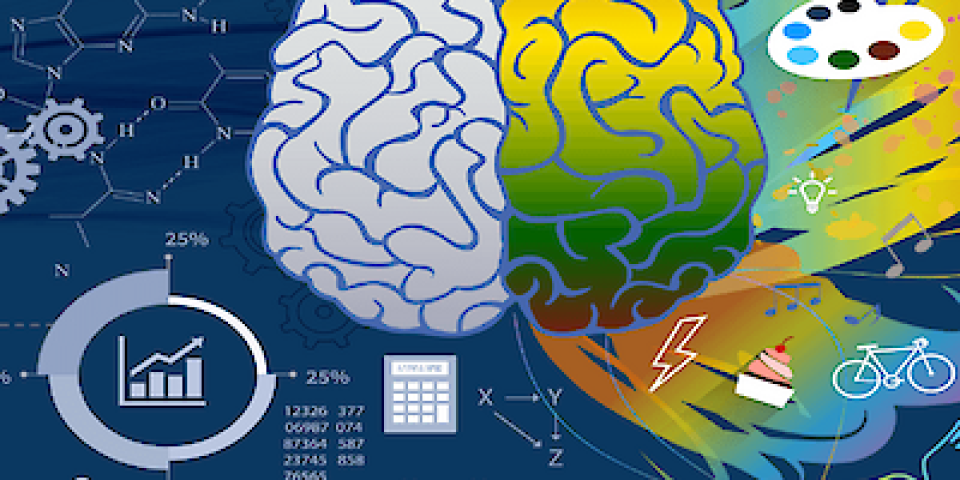Based on a discussion of the concept of science, the paradigmatic development of scientific theory in the 20th century is examined and the significance of scientific pluralism for innovative research, teaching and practice in medicine is emphasised.
This is followed by a separate essay on scientificity. The essential working tools and methods of a scientific-systematic approach are explained clearly and concisely and categorised in terms of their significance for medicine.
In a further section, the position of medicine in its entire nature as a science is discussed and placed on a philosophically sound basis. The importance of philosophy as a science of thought is presented, followed by a comprehensive elaboration on ethics in practice.
The chapter Research & Methodology is dedicated to a comprehensive, critical analysis of evidence-based medicine (EBM) and contrasts it with the concept of cognition-based medicine (CBM), which enriches everyday practice with systematic methods of a scientifically based understanding of individual cases with practical tools for case analysis.
Contributions are also planned for the important branch of research on psycho-neuro-immunology, as these considerably expand the understanding of complex process analyses with a meaningful research methodology.
At the heart of this subpage are contributions on epistemology, the philosophy and theory of science, which are presented in a concise and comprehensible form insofar as they are of particular relevance to medicine. Both the detailed analysis of thought tools and their influence on theory formation, their impact on practice, as well as the primary elaborations on the philosophy of science, insofar as they are of formative significance for medicine, are presented progressively. As these are quite extensive contributions, their publication will take some time (as of July 2025).
A comprehensive analysis of the placebo phenomenon reveals a surprise, which shows that the general reflex "placebo equals placebo" falls short and does not have sufficient justification.
The aim of the entire subpage is to highlight the narrowing of focus to purely natural scientific ways of thinking and research with their conceptually unanswerable but urgent open questions and to formulate an extended human scientific approach.
In the sense of a synthesis, the existing natural scientific concepts are categorised in terms of their significance for the whole.

